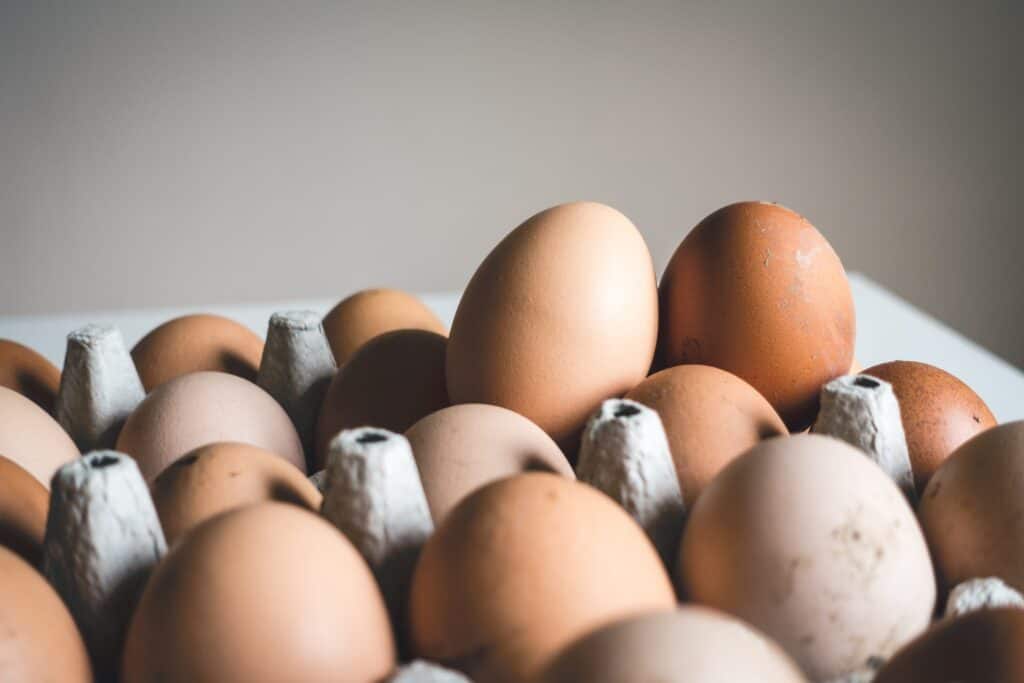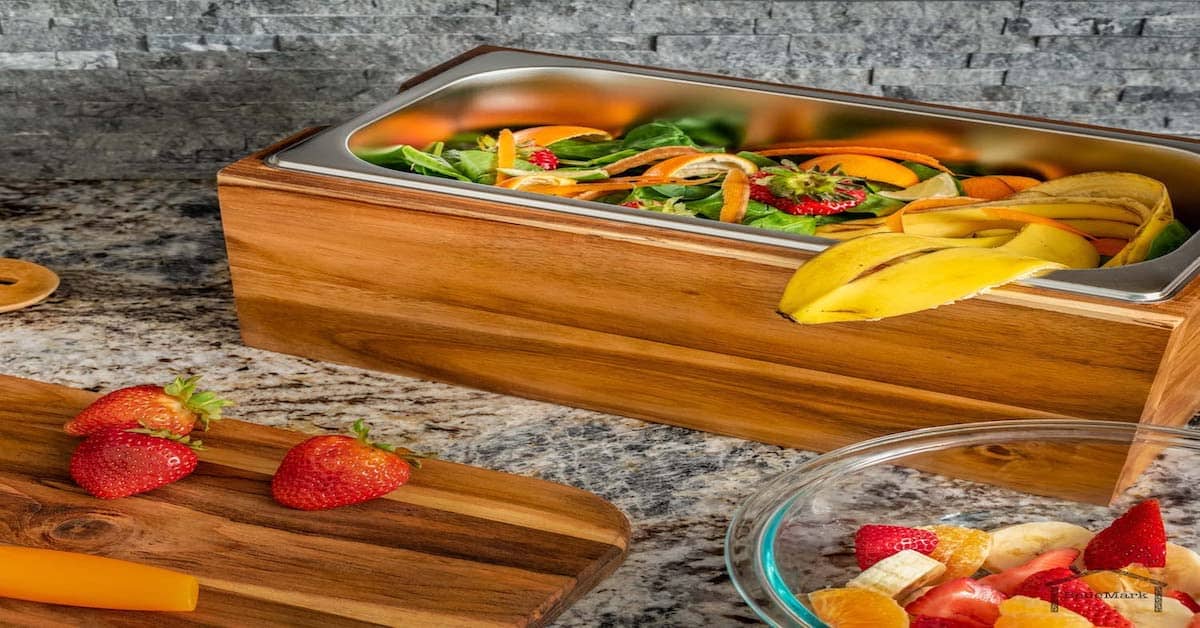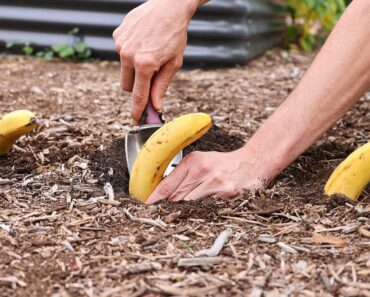In this article, you’ll learn the best way to store eggs long-term.
If you’re like most people, you probably keep your eggs in the fridge. But did you know that this may not be the best way to store them long-term?
Eggs are actually quite fragile and can be easily damaged if they’re not stored properly. That’s why it’s important to choose the right storage method for your eggs, depending on how long you want to keep them.
Here are some tips on how to store eggs long-term:
– If you want to store eggs for up to 2 weeks, the best way to do it is by keeping them in the fridge. Just make sure to keep them in the egg carton, and to keep the egg carton closed to prevent them from drying out.
– If you want to store eggs for up to 2 years, the best way to do it is by water glassing them. This will help to preserve the eggs, and prevent them from going bad.

What Is Water Glassing Eggs?
Water glassing eggs is submerging clean, unwashed eggs in a pickling lime and water solution. This helps to seal off the eggshell and preserve the egg for 12-18 months. The end result of this is perfectly fresh, unspoiled eggs, for the long term.
There are several different water glassing mediums, but today we’re going to focus on the readily available lime method. It’s also known as slacked lime of pickling lime. By using this particular method you can keep your eggs fresh through the winter, and even up to two years without refrigeration!
Is Water Glassing Eggs Safe?
Water glassing eggs are safe, but you do need to remember to wash your eggs before using them. Water glassed eggs that have been submerged in a water and lime solution are safe to consume.
Is Water Glassing Eggs Safe?
Water glassing eggs are safe, but you do need to remember to wash your eggs before using them. Water glassed eggs that have been submerged in a water and lime solution are safe to consume.
Does Water Glassing Eggs Really Work?
Yes, water glassing eggs really do work. Carolyn from HomesteadingFamily.com shows you just how well it works.
Storing Eggs In Lime Water
To be honest, when I first learned about this, I thought it was a little strange. But it’s been around for an extremely long time. As I dive deeper into everything about homesteading and survival, I’m constantly surprised by just how much our ancestors were able to do.
When using preserved eggs, always crack each egg into a separate container, then if good add to whatever you are preparing. That way you don’t spoil the batch if you have a bad egg.
Ingredients Needed for Egg Preservation
- Hydrated Lime (slaked lime or pickling lime)
- Room temperature water
- Food-grade storage container
An interesting observation is that hydrated lime is the same substance as pickling lime. One way to save money on this is to head to your local Home Depot. They sell 50 pounds of hydrated lime that can be used to preserve your eggs. If you can’t find it at your local store, you get find pickling lime here.
What Is The Correct Lime to Water Amount?
The ideal amount of hydrated lime is 1oz per quart of distilled water. Mix these together until they are fully combined and then add the fresh unwashed eggs to the liquid.
How Long Do Water Glassed Eggs Last?
Water glassed eggs can be stored for 1-2 years.
Will Any Eggs will Work for Water Glassing?
No, you can’t use any old eggs for water glassing. You should not use washed or store-bought eggs. Ideally, you’ll use the current day fresh, unwashed eggs. When you are getting started you can start with just a few eggs and add to the bucket each day as you collect more eggs.
Should I wear gloves or protection when working with lime water?
Yes, you should wear gloves when working with lime water. It’s not 100% required, but the high ph of the lime solution will really dry out your hands. This is especially important if you have sensitive skin. There will also be warnings all over the bag because these bags tend to be used on construction sites where dust particles are flying around everywhere. The way we’re using it is a much smaller scale, but it’s still important not to inhale the powder.






